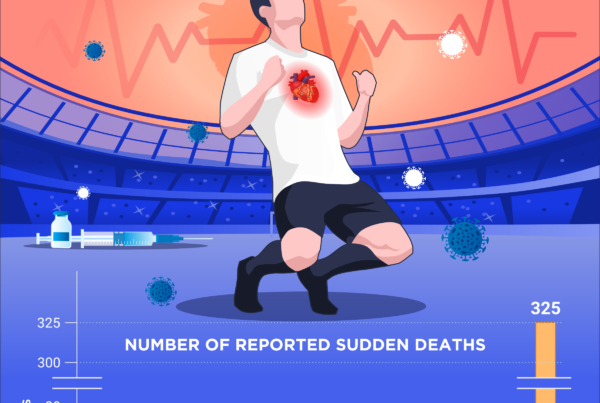
The journey to better health is unique for all of us but here are seven tips everyone should take seriously.
In the quest for better health we’re all on our own separate journeys.
Some of us are just starting out. Others are at a midway point. And others are already well on their way. Some view this journey as a difficult quest while still others realize how truly simple and easy it can be.
The reasons people decide to embark on this journey of health are many. Some begin with the initial goal of losing excess body fat, others decide they want to avoid the many diseases that are so commonplace in modern society, and still others get into the health game in hopes of improving athletic performance. And these are just a few of the many motivations.
For those who want to improve their health, it’s not so much the matter of getting started — you’ve already done that by choosing health over dysfunction — but rather assessing where you are in this journey and what you need to do to improve.
No matter where you are in this process or what your motivation, we can almost always make improvements. Here are seven important steps I find people either need to take immediately or often need to be reminded of along their path to better health.
- Stand up! One of the most harmful things people regularly do is sit. Whether in a chair at your desk or in your car commuting, sitting is killing your efforts to get healthy, and may even be deadly. In a study published in the Archives of Internal Medicine those who sat for 11 hours a day or more were 40 percent more likely to die within three years. The human body evolved squatting rather than sitting. If you sit at a desk be sure to get up and move around as often as possible. Better yet, make a standing work station. If you spend time on the phone, walk around while talking.
- Throw away the junk. Processed and junk foods are among the biggest threats to your health and are associated with all major diseases. Get a garbage bag and go through your refrigerator and kitchen cabinets. If you find any processed food, sugar or other junk throw it away. Make a vow to not buy more next time you are at the store. If it doesn’t get into your shopping cart it won’t get in your house. Instead, buy fresh vegetables and fruits, nuts and seeds, eggs and healthy meats. This is also a great time to take my Two Week Test.
- Clean up your environment. Take a serious look at all the chemicals in your house. Is your dish soap blue or pink? Toss it. Likewise most other toxic cleaning liquids need to go, as well as anything that contains fragrances. This includes personal care items and cosmetics. Even if the lid is on tight fumes still leak out into your living space. For almost every cleaning fluid or personal care item there’s a safer natural alternative. For example, you can clean most surfaces with natural cleaners, like white vinegar and even hydrogen peroxide for really tough jobs. Coconut oil has many uses, including as shaving cream and as a skin moisturizer. Despite your best efforts most homes will still have air quality problems due to building materials and furnishings — keep a few windows cracked to help keep fresh air circulating and remove toxins.
- Turn off the news. Much of the news from the outside world is only stress in a very concentrated form and humans did not evolve with the ability to process the amount of information we are often subjected to. Whether it’s on television, radio or the Internet, it does very little to help you get through your day and it certainly does not help your stress levels or your health. If you are a real news junky and need to wean yourself from this bad habit, try glancing at a news site like google news and just reading the headlines once a day for a while. Then try to get it to once every other day. Then once a week. You may soon find you don’t miss the news at all.
- Turn on some music. The Chinese recognized the value of music to health more than 5,000 years ago, and that connection between music, the brain and the body continues today. Music can help reduce stress and it can also improve athletic performance. It can even aid digestion and improve mood and creativity. The best suggestion is to play the type of music you like — the only way to know this is if it makes you feel good when you listen to it. Some people find comfort in listening to music that is associated with more care-free times in their life.
- Get a good night’s sleep. Poor sleep is a public health problem with more than 70 million Americans reporting some sort of sleep disorder. Lack of sleep is associated with many health problems and disease. Sleeping solidly 7 to 8 hours every night is essential for the body to recover from each day’s activities.
- Go for a walk. Of all the forms of exercise, walking is the most natural, and is what the human body is designed to do best. We are genetically programmed to walk long distances. Whether you are inactive or a world-class athlete, adding a walk to your day adds tremendous benefits to your health by providing important motion, and also helping turn on your body’s fat-burning. Walking not only helps the physical body it’s stimulating to the brain as well. It starts with the first step. Even 10 minutes is better than nothing. Build up to 29 minutes or even more. Some professional endurance athletes I coach take a very long walk as a workout once a week.








